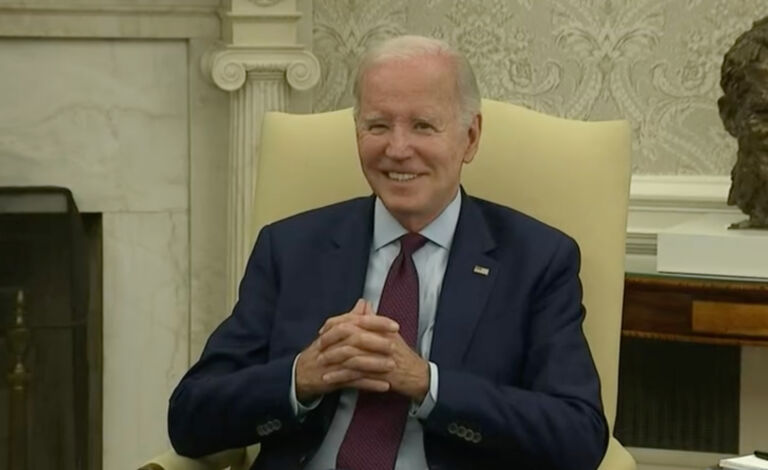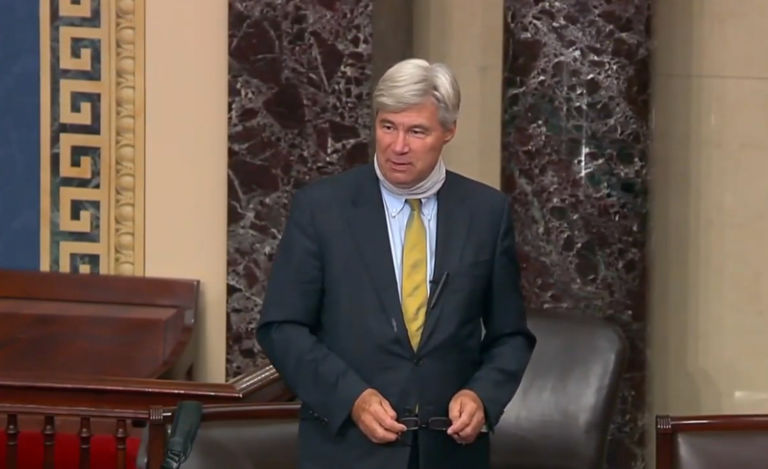As you may be aware, both the House and Senate budgets repealed the $500,000 cap on state funding for light rail. For those of us who are not big fans of light rail and believe that taxpayers funding of rail, be it light rail, commuter rail or passenger rail is not a wise investment of tax dollars. The cost of such projects is far greater than the benefit. Studies tell us that rail projects like the one proposed in Wake County actually mean more, not less congestion. In fact the number of people who use rail rather than automobiles is very small. A very little bang for a very large buck.
So, our reaction when we discovered the budget lifts the cap on state funding for rail was “What?”. However the Senate budget wisely replaces one cap for another, Yes, they repeal the $500,000 cap but then put in place another cap – no state funding for any more than 10% of the total project. Whew!
But the biggest stop gap for foolish funding for rail and other non-transportation projects is the Strategic Transportation Investments (STI) program that was put into place in 2013. Based on hard data, projects now are scored by criteria to improve mobility and safety, reduce congestion and travel times and support economic growth. Gone are the days when DOT projects could be created or killed, sped up or slowed down at the whim of government officials and politicians responding to powerful political interests.
With the implementation of this new STI program, all projects are supposed to be ranked (based on criteria above) in terms of their cost-effectiveness and value. If it works as intended, the STI process should weed out light rail and no cap would be needed. A cap, whether it’s a hard dollar amount of a percentage of the total project cost, should be less of an issue than ensuring that the STI process itself judges light rail accurately.
But just to be on the safe side, the budget should include a reminder to decision makers that priorities on transportation projects is determined by data under the STI and in case a rail project slips through, a cap on taxpayer spending is not a bad idea.
BTW: The Senate budget also call for reevaluating the proposed Durham-Chapel Hill light rail project, subjecting it to the STI criteria test. Wise move.


